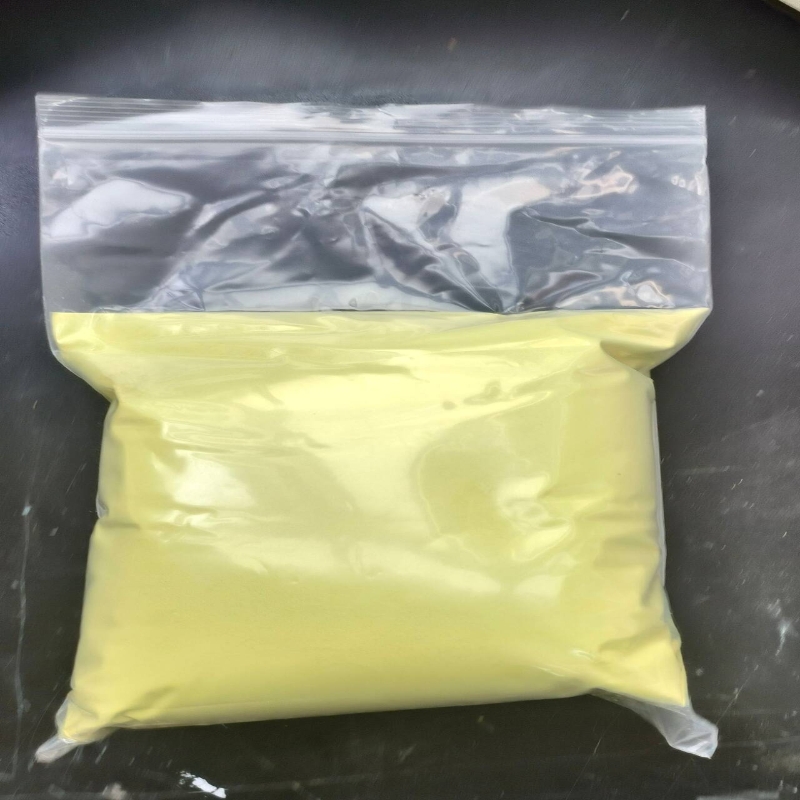-
Categories
-
Pharmaceutical Intermediates
-
Active Pharmaceutical Ingredients
-
Food Additives
- Industrial Coatings
- Agrochemicals
- Dyes and Pigments
- Surfactant
- Flavors and Fragrances
- Chemical Reagents
- Catalyst and Auxiliary
- Natural Products
- Inorganic Chemistry
-
Organic Chemistry
-
Biochemical Engineering
- Analytical Chemistry
- Cosmetic Ingredient
-
Pharmaceutical Intermediates
Promotion
ECHEMI Mall
Wholesale
Weekly Price
Exhibition
News
-
Trade Service
Recently, Catumaxomab, the world's first T cell engaged bispecific antibody drug, was approved by the China Drug Administration (NMPA), The Taiwan Health and Welfare Agency (MOHW) and the Korea Food and Drug Administration (MFDS) for clinical trials to expand gastric cancer indications and start a new clinical journey.
the mechanism of action of T cell engager bispecific antibodies T cell engager dual anti-drugs is to form immune synapses by combining t-cell surface antigens (e.g. CD3) and tumor cell surface antigens (e.g. CD19) to form immune synapses, thereby directly activating, proliferating T cells, and thus releasing cell toxins or cytokines to kill tumor cells.
generally speaking, the activation process of this T-cell is simple and straightforward, does not need to produce specific T lymphocyte cloning through the presentation of tumor cell antigens, and therefore is not limited by MHC or HLA, and the clinical conversion rate is higher.
so far, there are two drugs that have been approved for market worldwide: Removab (Catumaxmab, CD3xEpCAM) and Blincyto (Blinatumab, CD3xCD19);
plays an increasingly important role in the new pattern of tumor immunodrugs in the post-PD-1 era.
Catumaxomab: The vaccine-effective T cell engager bispecific antibody cardoso is an asymmetrical bispecific antibody with a classic IgG structure, binding to EpCAM on tumor cell surface and CD3 on the surface of T-cell.
In addition to the functional function of the broad-spectrum T cell engager Fab end, cardoso is another interesting feature of its selective combination of fc endsFcɣRIIa resulting in a potential vaccine effect (vaccinal effects), which is very similar to the latest literature findings.
, the combination of Fc-FcɣR strengthens the second co-stimulus signal, such as CD86/CD28, to further activate T cells.
the latest literature-related studies have also demonstrated the synergy effects of CD3 double resistance and total stimulation of CD28 double resistance.
2009, cardoso bi-antist was approved by EMA for treatment of malignant ascites, and became the first T cell engager bispecific antibody to be listed, based on excellent critical clinical data.
key clinical trial results were effective in critical clinical trials of malignant ascites, with a total of 258 patients with malignant ascites in 75 clinical centres in Europe, including ovarian cancer (n-129), stomach cancer (n-66), breast cancer (n-13), pancreatic cancer (n-9), colon cancer (n-8), endometrial cancer (n-6) multi-type cancer patients.
results showed that the median ascites-free permeation survival (Puncture free survival, PFS) in the Catuso dual-resistance test group was significantly longer than that of the control group (46 days vs 11 days, HR-0.254, p-lt;0.0001), reaching the main clinical endpoint, and the clinical effect was very significant.
noteworthy, although this critical clinical design did not end with total survival (OS), the median OS in the gastric cancer subgroup (n-66) also showed a statistically significant improvement in the sense (71 days vs 44 days, p-0.0313, HR 0.469). The most common cardoso-related adverse reactions to
safety are cytokine release-related symptoms (fever, nausea and vomiting) and abdominal pain.
these adverse reactions are mainly caused by the mechanism of cardoso immunoactivation, mostly mild symptoms and reversible. there were no cartoso-related deaths during the
trial.
immunogenicity due to the rat-derived cardoso bi-anti- causes the human body to produce anti-rat antibodies (HAMA).
retrospective analysis of critical clinical issues showed that PATIENTs with HAMA-positive were more beneficial than HAMA-negative patients: HAMA-positive patients had a puncture-free survival of 64 days, while HAMA-negative patients had a puncture-free survival of 27 days (HR-0.330, p-lt;0.0001).
existing data have shown that the presence of anti-drug antibodies has no adverse effect on patient sbenefits and safety.
the recurrence of peritoneal metastasis is one of the leading causes of death from advanced stomach cancer, and the higher the degree of peritoneal metastasis, the shorter the survival period.
based on the clinical performance of cardoso double resistance, Guangzhou Lingteng Biopharmaceutical Co., Ltd. is about to conduct an international multicenter clinical trial of peritoneal metastatic gastric cancer that is not suitable for systemic chemotherapy in China, Taiwan and Korea.
the main researcher starring in this project will be Professor Shen Lin, Vice President of The Oncology Hospital of Peking University and Vice Chairman of the Gastric Cancer Committee of the Chinese Anticancer Association.
notable, Cardoso is likely to become the first CD3 double antidrug for solid tumors to enter the third phase of clinical phase.
, according to Ling Teng Pharmaceutical's official website, Catoso's original indications of the re-listing application is also in progress.
References Peter Ruf, Horst Lindhofer, Induction of a long-lasting anti-tumorimby by a trifunctional bitio. Blood , 2001, 98: 2526-2534. David J. DiLillo, Jeffrey V. Ravetch, Differential Fc-Dell engagement drives an anti-tumor vaccinal. Cell, 2015, 161: 1035-1045. Seimetz D, Lindhofer H, Bokemeyer C. Development and the approval of the triffobody catumaxomab (anti-EpCAM x anti-CD3) as a targeted cancer cancer cancer. Cancer Treatment Rev. 2010, 36:458-67. Dimitris Skokos, et al. A class of co-merrillIC CD28-bi antity it the stoo itthetantith antithyth activity y CD3-bithty antibodies. Sci TransL Med, 12, eaaw7888, 2020. Markus M. Heiss, et al. The trifunctional antibody catumaxomab for the treatment of the malignant ascites due to epithelial cancer: results of aprospective randomized phase II/III trial. Int J Cancer, 2010, 127: 2209-2221.




![2-(Hydroxymethyl)benzo[b]thiophene](https://file.echemi.com/fileManage/upload/cas/593/e79a972f-b55d-4dc1-9113-841c417e0a89.png)


